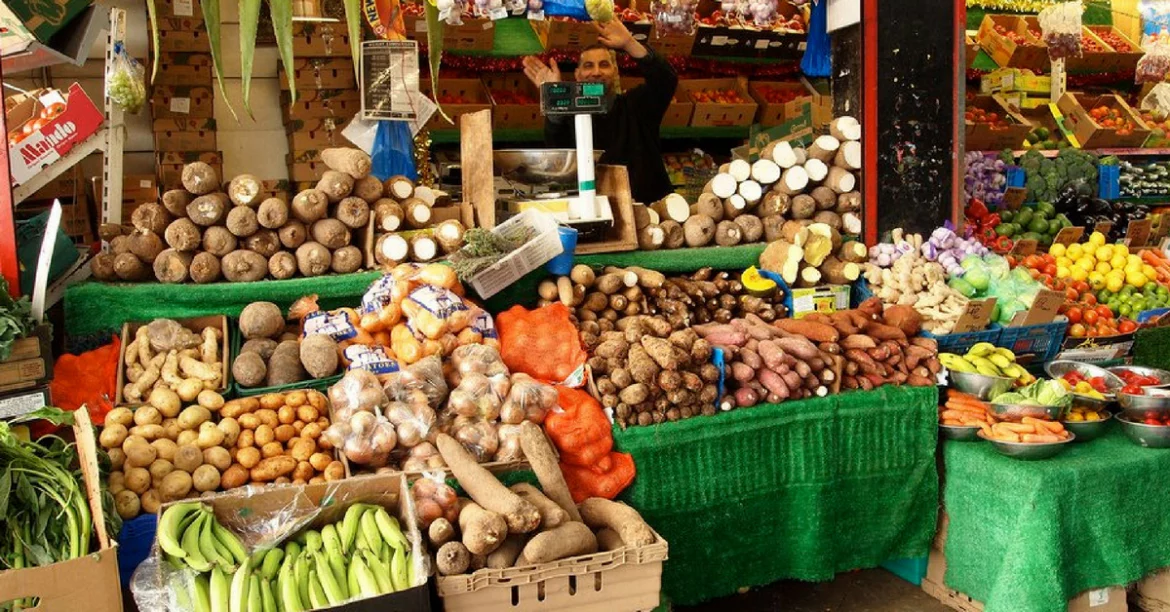Following devastating floods that ravaged many states in Nigeria, the International Monetary Fund has warned Nigerians to brace up for higher food prices in 2023.
According to the National Bureau of Statistics, food inflation has already hit 23.72 per cent on a year-on-year basis in October 2022, with inflation on certain food items rising to between 50 – 100 per cent.
The IMF however said that In 2023, the prices are expected to rise further, following the floods that affected agricultural productivity, adding that volatility in the value of the naira, the Federal Government’s continued dependence on the Central Bank of Nigeria for financing its budget deficit are also risk factors.
It added that despite Nigeria’s limited direct exposure, the war in Ukraine was affecting the nation through higher domestic food prices. The IMF said high food insecurity was compounding the pandemic’s effect on Nigeria’s vulnerability.
It stated that the nation’s headline inflation should moderate by the end of 2022 because of the start of the harvest season, although it also projected an increase in rice prices caused by recent flooding.
The IMF further stated that over the next 10 years, the nation would have to create about 25 million additional jobs to employ the new labour market entrants adding that boosting production and yields through improved input usage, especially through affordable fertilizers and higher quality seeds, better storage facilities and more coordinated policy support across government agencies are recommended for agriculture to continue playing a strong role in employment and ensure food security.
Story was adapted from Punch.
